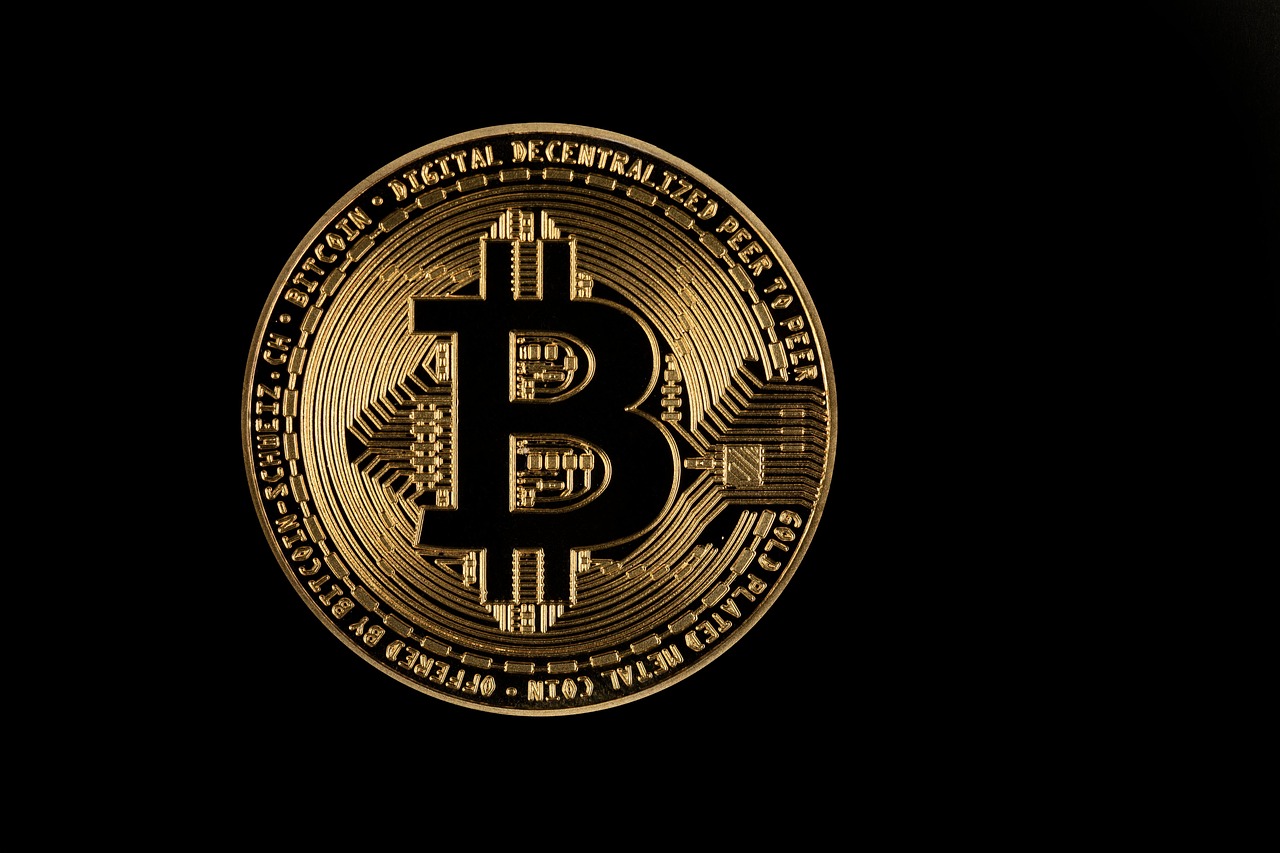
Ethereum Gas Fees: Taming Volatility With Layer Two
Ever wondered why sometimes sending a small amount of cryptocurrency costs you a disproportionately large fee? You're not alone. Gas fees, the seemingly invisible toll booth on the blockchain highway, can be a significant hurdle for both newcomers and seasoned crypto enthusiasts. Understanding what they are, how they work, and how to navigate them is crucial for participating in the decentralized world of blockchain technology. This post will delve deep into the mechanics of gas fees, providing you with the knowledge to optimize your transactions and avoid unnecessary expenses.
What are Gas Fees?
Gas fees are essentially payments made by users to compensate the computational effort required to process and validate transactions on a blockchain network. Think of them as the fuel that powers ...

